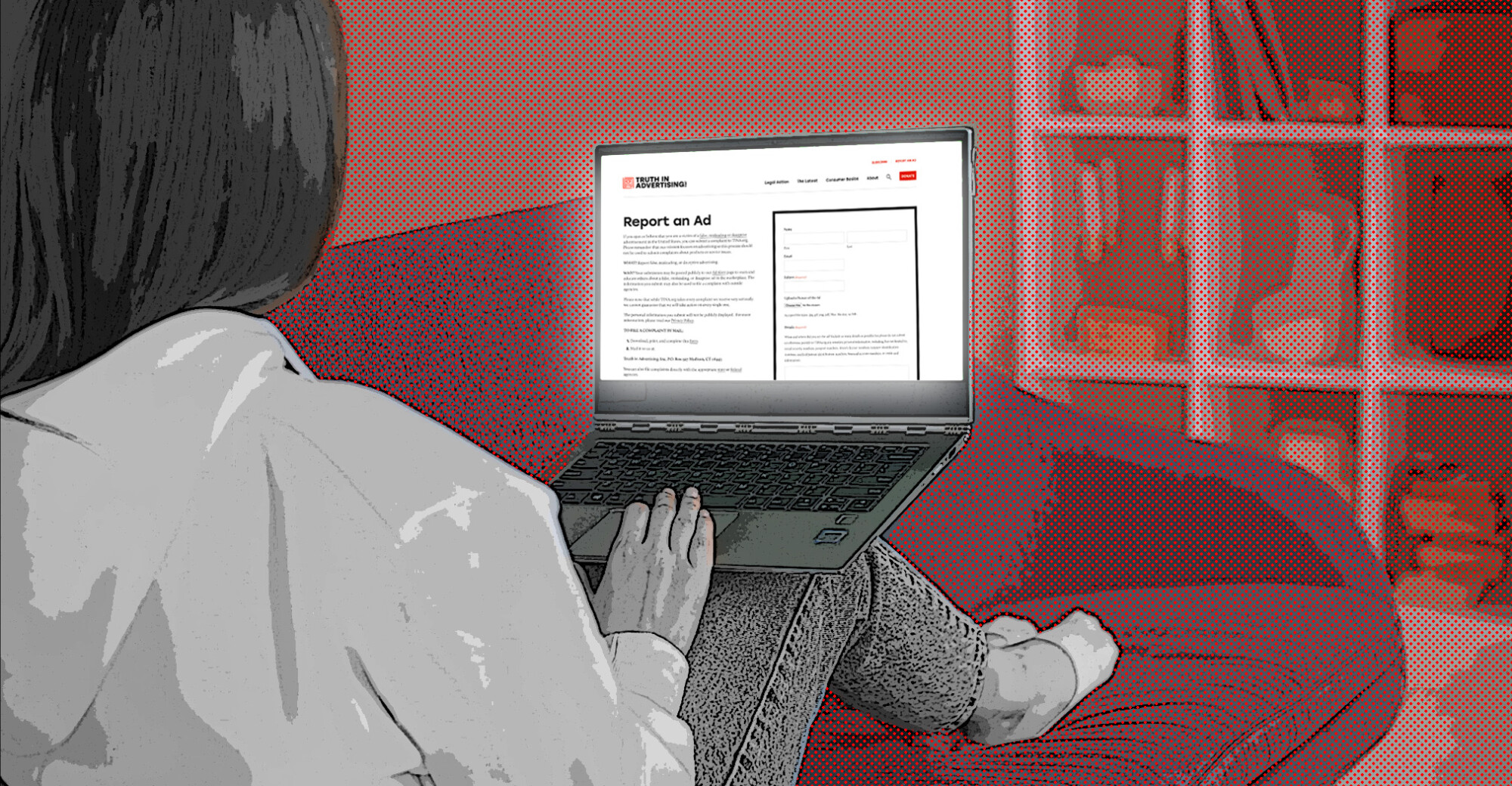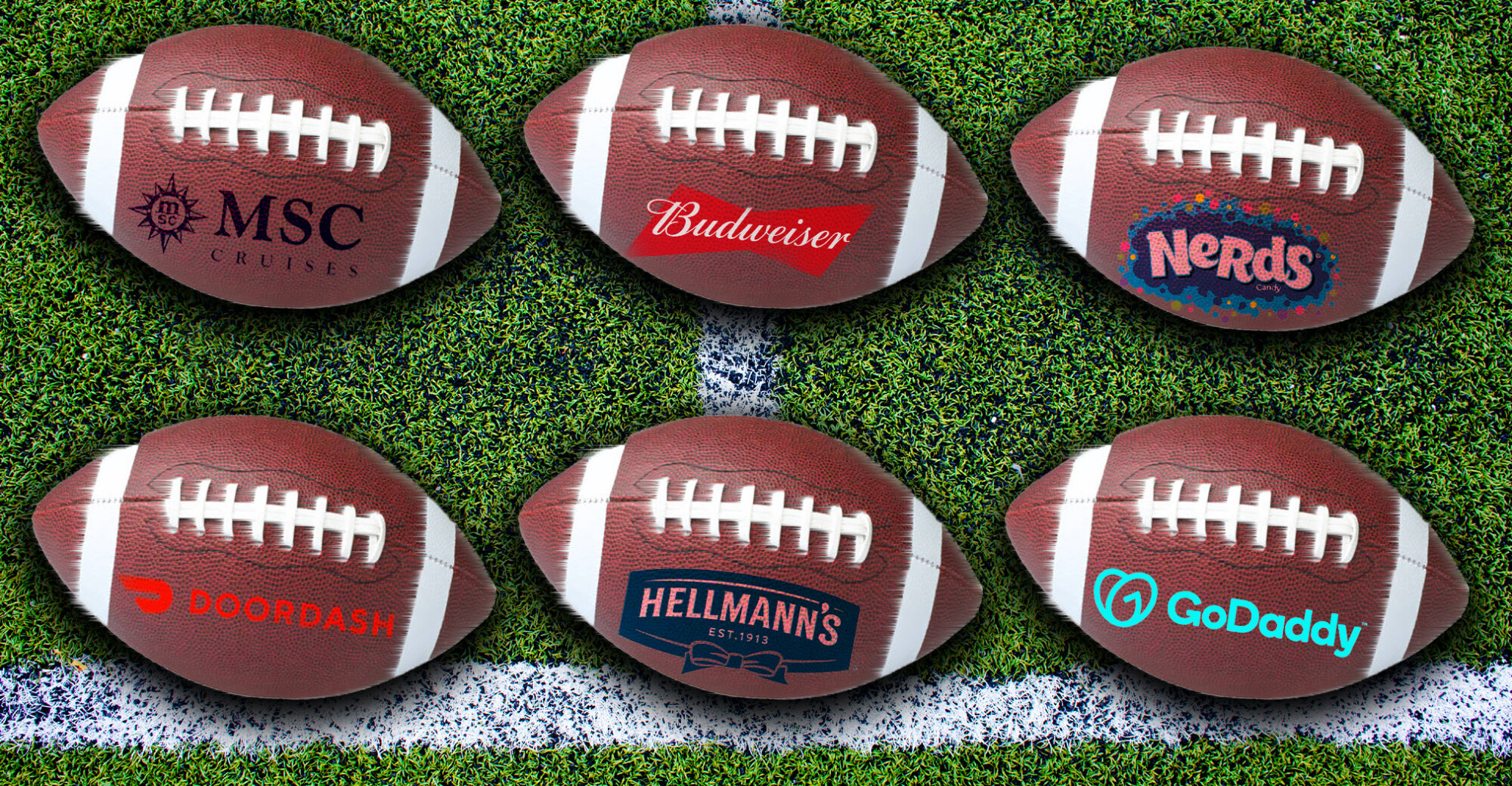
NCPW 2025: Fighting against Deceptive Marketing
If you’ve been misled by an ad, regulators want to hear from you. We do too.
Several of this year’s Super Bowl advertisers have run into legal trouble for alleged deceptive marketing.
When the Kansas City Chiefs and San Francisco 49ers meet Sunday for Super Bowl LVIII, there will be plenty of people watching who will be more interested in what happens off the field. No, we’re not talking about how many times the camera pans to Taylor Swift. Rather, we’re referring to many people’s favorite part of the Super Bowl – the commercials.
But what many viewers may not know is that several of this year’s Super Bowl advertisers have run into legal trouble for alleged deceptive marketing. These include:
Michelob ULTRA
In February 2021, a federal court ordered Anheuser-Busch to temporarily stop advertising its Michelob ULTRA Hard Seltzer as “the only” or “the first” “national USDA certified organic hard seltzer” after finding the language to be “false and deceptive.” As it turned out, a hard seltzer made by a brewery in Oregon beat Anheuser-Busch by a couple months. The court found that while Michelob ULTRA may be the first USDA certified organic hard seltzer distributed nationally, it’s not the first national USDA certified organic hard seltzer. (The court also weighed in on punctuation issues, but we’ll spare you the details.) In April 2021, the parties reached an agreement, the terms of which were not disclosed.
Reese’s
In a teaser for its first Super Bowl commercial since 2020, Reese’s says it’s making a “big change” to its peanut butter cups. But if the maker of Reese’s wants a pending class-action lawsuit filed against the company in December to go away, it may need to change the product packaging of some Reese’s candies showing cute faces and carvings on the treats that according to the lawsuit aren’t on the actual products. This includes football-shaped candies that do not have the laces pictured on the wrapper, the lawsuit alleges.
Popeyes
If your Super Bowl spread includes Popeyes’ chicken tenders, you should know that what you are serving may not meet everyone’s definition of “tenders.” In July 2022, three days after TINA.org alerted consumers to the issue, a class-action lawsuit was filed against Popeyes alleging the chain advertises menu items as chicken “tenders” – leading reasonable consumers to believe that the products are made from chicken tenderloins – when they actually come from the breast, a different part of the bird. In September 2022, the lawsuit was voluntarily dismissed, the reasons for which were not disclosed.
Uber Eats
In December 2022, Uber agreed to pay millions for allegedly listing Chicago restaurants on its Uber Eats and Postmates platforms without their consent and charging them excess commission fees. It wasn’t the first time the food delivery service’s parent company has had unsavory charges brought against it. In January 2017, Uber agreed to pay $20 million to settle FTC charges that it lured prospective drivers with exaggerated earnings claims in job listings. The FTC also took issue with the advertising of Uber’s Vehicle Solutions Program. Despite claims that the program would provide drivers with the “best financing options available” regardless of credit history, the FTC found that drivers “in many instances received worse interest rates than industry averages.” And Uber is currently facing two pending class-action lawsuits accusing it of charging riders more than its quoted prices.
BMW and VW
Of course, it wouldn’t be the Super Bowl without a couple car commercials. But in addition to airing an ad during the Super Bowl, BMW and Volkswagen also share this in common: They’ve both been accused of using emissions-cheating software to deceptively advertise diesel vehicles as “clean” and environmentally friendly. The highly publicized scandal surrounding its cars cost VW an estimated $38 billion, while plaintiffs in the BMW case moved for preliminary approval of a proposed $6 million settlement agreement in November. We’ll also be watching to see if BMW is keeping its deceptive made in the USA claims – which were the subject of a TINA.org complaint to the FTC last fall – off the road.
Oreo
A class-action lawsuit filed in January 2024 against the maker of Oreo cookies, among other products, accuses the snack food giant of advertising that it sources cocoa using sustainable practices that “help protect people & planet” when the company uses practices that harm the environment and perpetuate child and slave labor. The case is pending.
TurboTax
TurboTax will make its 11th Super Bowl appearance as its owner, Intuit, is appealing an FTC order that it stop deceptively marketing free tax services. For years, Intuit has made the word “free” the centerpiece of its marketing campaign for TurboTax. But there are signs the company is moving away from “free” – or at least drawing more attention to the fact that the majority of taxpayers do not qualify for free tax prep. What does Intuit have in store for Sunday?
Get out your popcorn.
If you’ve been misled by an ad, regulators want to hear from you. We do too.
Six big game marketers that have been accused of fumbling ad claims.
Consumer complaints worth remembering.

